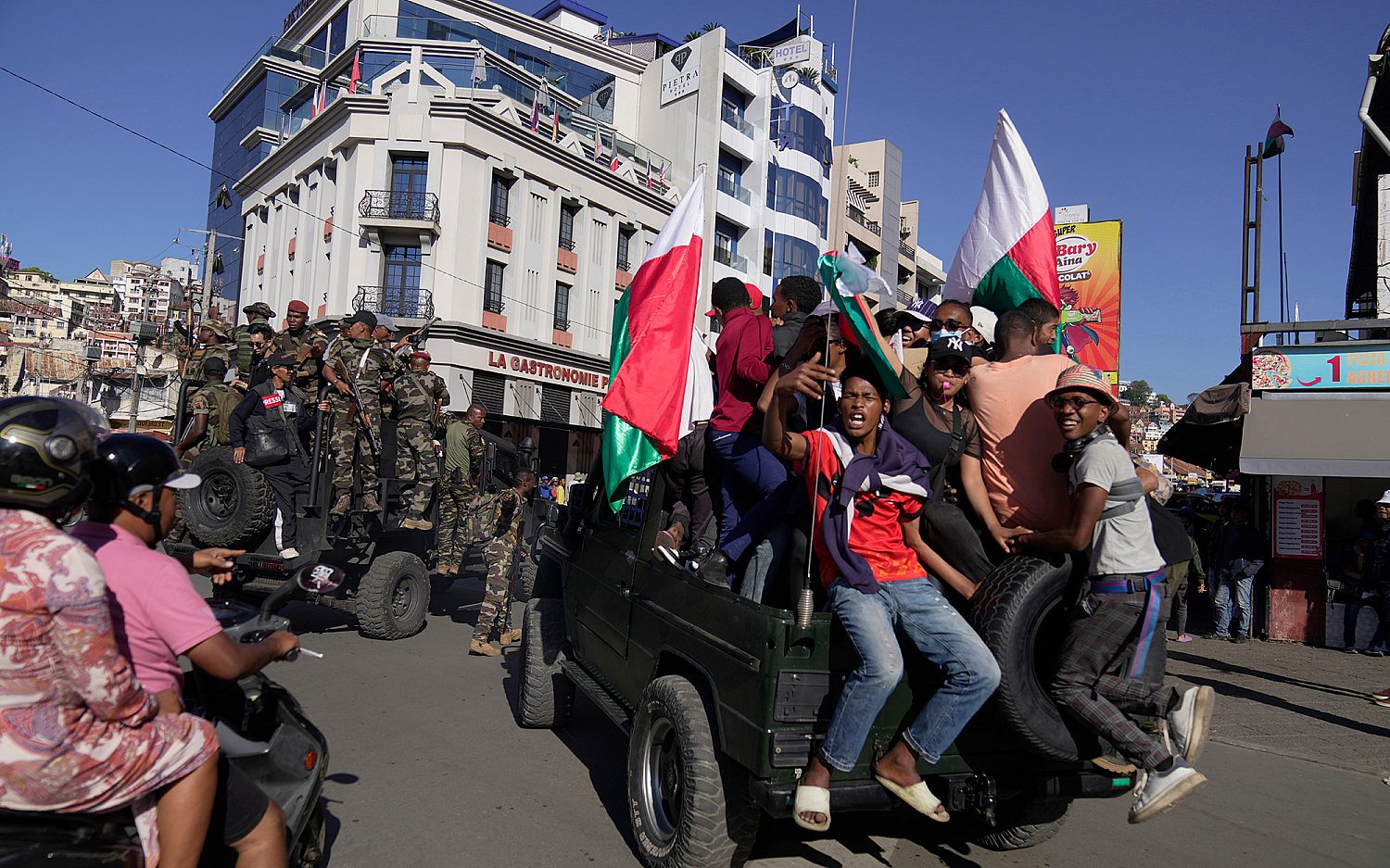Ethiopia declares state of emergency as protests continue
Government opponents see the move as an official attempt to silence dissent
The Ethiopian government on Sunday declared a six-month state of emergency after a week of anti-government protests resulted in deaths and property damage across the country, especially in the Oromia region.
The decree marks Ethiopia’s first state of emergency in 25 years and has raised concerns of more government repression.
“The recent developments in Ethiopia have put the integrity of the nation at risk,” Ethiopian Prime Minister Hailemariam Desalegn said in a televised statement on the state-run Ethiopia Broadcasting Corporation. “We want to put an end to the damage that is being carried out against infrastructure projects, education institutions, health centers, administration and justice buildings.”
More than 50 people died in Oromia on Oct. 2 in a stampede that began when police fired tear gas and live bullets on protesters at an annual thanksgiving celebration. Protests have continued in the region and across the country. An American researcher, Sharon Gray, died in the capital Addis Ababa when a rock hurled by protesters struck her car. Fana Broadcasting Corporate said the protests have damaged some 11 companies, including a Turkish textile firm and a Nigerian cement factory.
The protests continued into Sunday. Witnesses said demonstrators blocked several roads leading in and out of Addis Ababa and attacked people who tried to drive through.
Anti-government demonstrations began in November as people demanded more political freedom. In the past week, the government has responded to the protests by shutting down mobile internet access, blocking social media in parts of Oromia and Addis Ababa, and slowing down broadband internet service.
Attorney General Getachew Ambaye said the emergency decree will allow authorities to stop and search, detain suspects, and carry out house searches without court authorizations. It also bars the distribution of any material that could incite chaos. Ambaye said people who fail to obey the decree could face up to five years in prison.
In his address, Desalegn claimed the declaration will not hinder human rights protections in the country. But Beyen Petros, chairman of the Medrek opposition coalition, countered that the state of emergency could lead to more frustration among demonstrators.
“It will provoke more anger,” Petros told AFP, warning it “might well be the last straw.”
In a review of the recent uprising, Human Rights Watch said the only lasting solution will come when the government changes its approach: “When the government is willing to tolerate the free expression of dissent, allow peaceful assemblies, and engage in a genuine dialogue with protesters, it will help to end this crisis.”
An actual newsletter worth subscribing to instead of just a collection of links. —Adam
Sign up to receive The Sift email newsletter each weekday morning for the latest headlines from WORLD’s breaking news team.





Please wait while we load the latest comments...
Comments
Please register, subscribe, or log in to comment on this article.